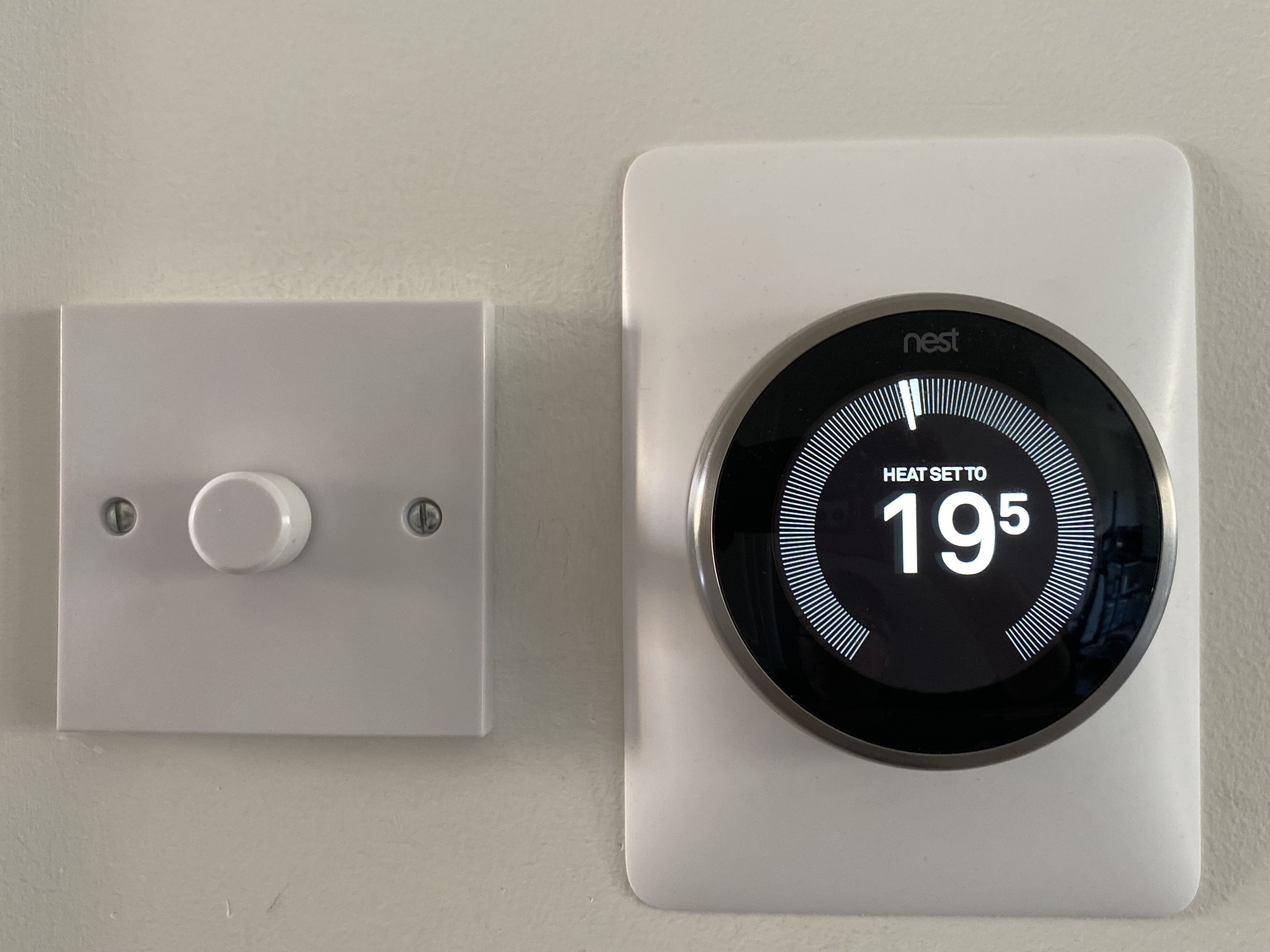Where are the digital plumbers? Who are the network electricians? What is a car mechanic for a computer? Why aren’t more people being trained as ICT appliance installers and engineers for the home?

After a year of lockdown, they can only be a minority of households that don’t have broadband – and many have until recently un-dreamt of ‘fibre to the home’ – with Wi-Fi and multiple digital devices connected to it, laptops and ‘thin notebooks’, smartphones and tablets, connected TVs and streaming devices, and voice-activated devices and ‘smart’ appliances.
You know a domestic technology is mature when it is ubiquitous, taken for granted, largely ignored – and barely understood. This is the case with plumbing and central heating, and gas and electricity in the home. When we need these services installed, configured, or fixed, we know who to go to, and how to work with the technicians and engineers; we know roughly what it will cost, and (more or less) what the outcome will be.
Take electricity. In the 1870s, when the North-Eastern engineering and arms magnate Lord Armstrong wanted to electrically light his Northumberland pile, Cragside, he had to generate the electricity too – as it happens, using hydro power – and not only used Joseph Swan’s newly invented incandescent bulbs, but Swan installed them. That’s would be like having Vint Cerf install your router.
Joseph Swan installing Lord Armstrong’s electric lighting would be like having Vint Cerf install your router
Today electricity is supplied from a reliable national grid. Since World War 2, it has been standard for houses in the UK to be designed with an electric ringmain, high voltage for appliances, a fuse box, meters, plugs and light switches – everything to make electricity useful in the home. Electric light and power are built into the very fabric of our domestic lives. Along with transformers, batteries (regular and rechargeable) and, now, USB and wireless charging, the number of functional electrical and electronic devices in any home which are electrically-powered or -actuated will number in the hundreds.
We have effectively mastered electricity in the home. But not digital technologies and ICT.
Who do you go to when you want a Cat 6 Ethernet network installed, or a Wi-Fi mesh network? Who do you call when it’s not working well, or you want it optimised, so your voice and picture don’t break up on the important Teams or Zoom call? Or when you need to install a smart lighting system? Or when you are concerned about security? Your might contact your Internet Service Provider (ISP) – a market dominated by Virgin Media, Sky Broadband, BT and TalkTalk – but more in desperation than positive expectation.
And that is just on the hardware and technical side!
Your might contact your ISP but more in desperation than positive expectation
The potential of ICT and digital tools is many times great than that of electricity in the home – though they are, of course, all electronic. How do we get trained to use these unprecedented technologies of communication, productivity, entertainment and monitoring? Of course, we live by the myth of user-centred design which is ‘intuitive’ and learnable. Those breakthroughs at Xerox’s Palo Alto Research Center (PARC) handed down by the Dealers of Lightning. Whether that was ever the case, in the diaspora of that philosophy much has been lost and loads of design have not kept up with increasing complexity.
People are being trained in these roles, from BTEC diplomas in applied science to HNDs in Computing and ICT as well as university degree-level Computer Science courses. But it appears most of these skilled graduates end up in businesses and industry rather than serving the domestic market.
You might try Currys PC World’s Geek Squad or Apple Genius Bar and Workshops but at best will get generic support or basic setup. Some will learn ICT skills through work training, and by badgering their IT support staff. Others may actually read the help material for the software or service; others may research online browsing articles, videos and help files; some may take a training course, with Lynda.com or some such; and most will probably ask a family member (not least a teenager), friends or colleagues for help.
For ICT skills, most will probably ask a family member (not least a teenager)
At a higher level, there are organisations such as Doteveryone (@doteveryone) which have addressed the challenge of not just digital skills but digital understanding, summed up in its Digital Understanding reports, but last year it closed its doors.
If the UK is to be a society and economy taking significant advantage of ICT and digital technologies, it will need to take more seriously the challenge or improving citizens’ capability, confidence and creativity in using digital technologies.
[You can also discuss this post on my LinkedIn and on my Facebook updates]
